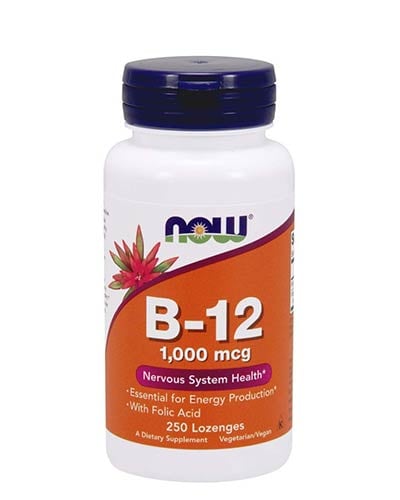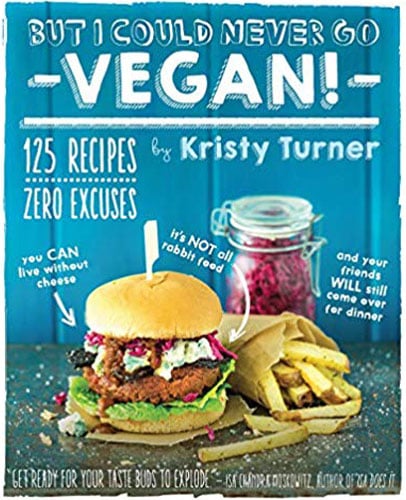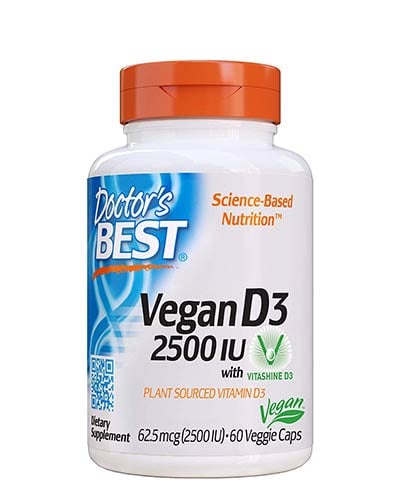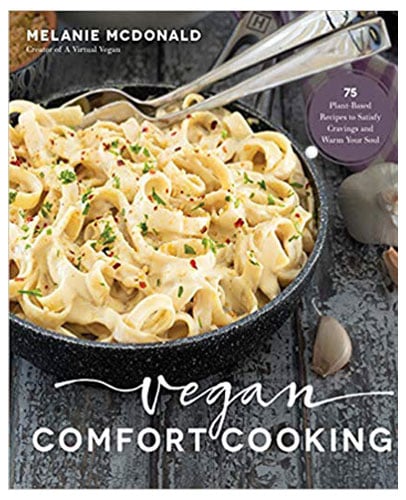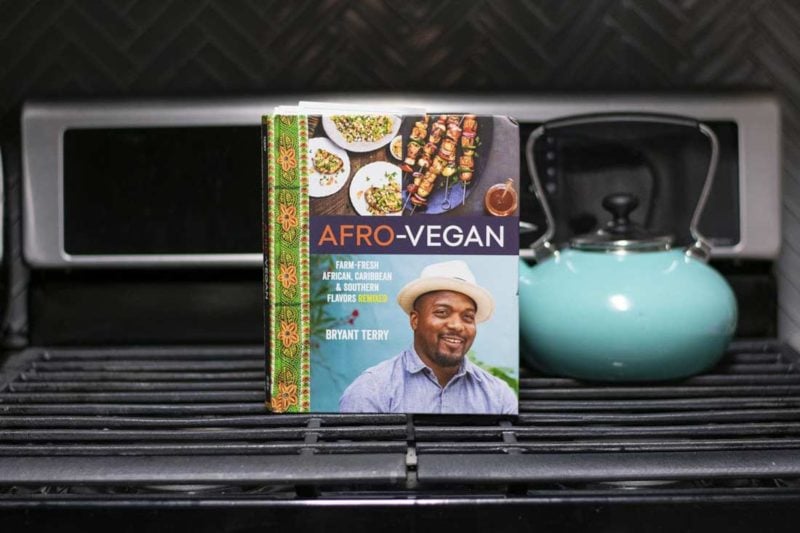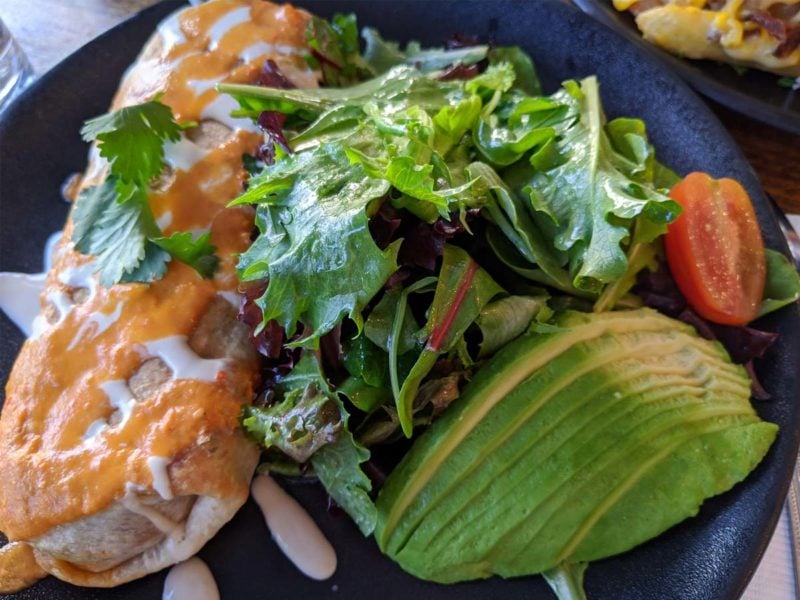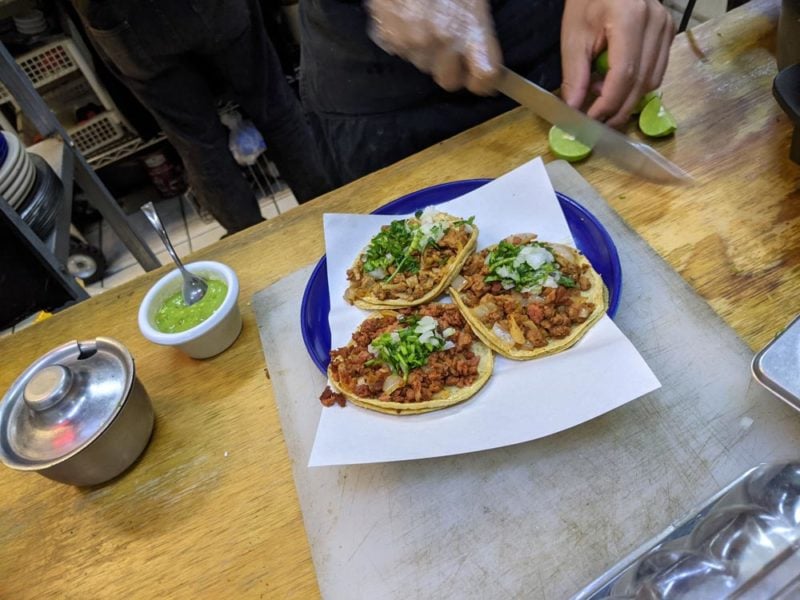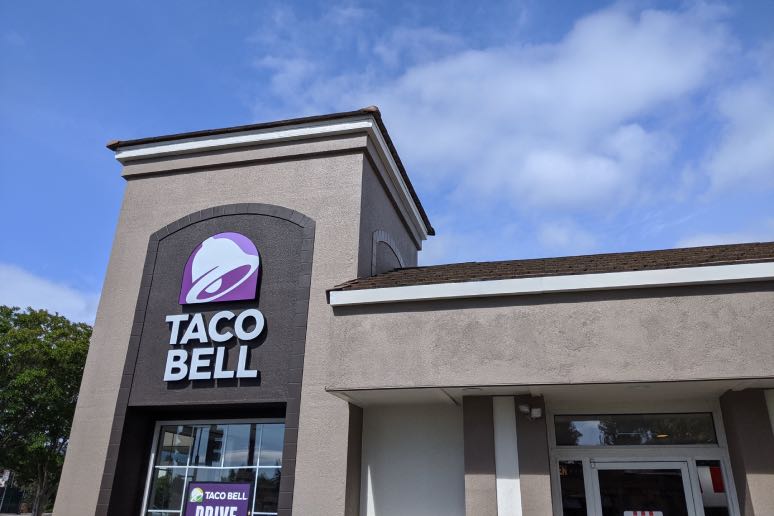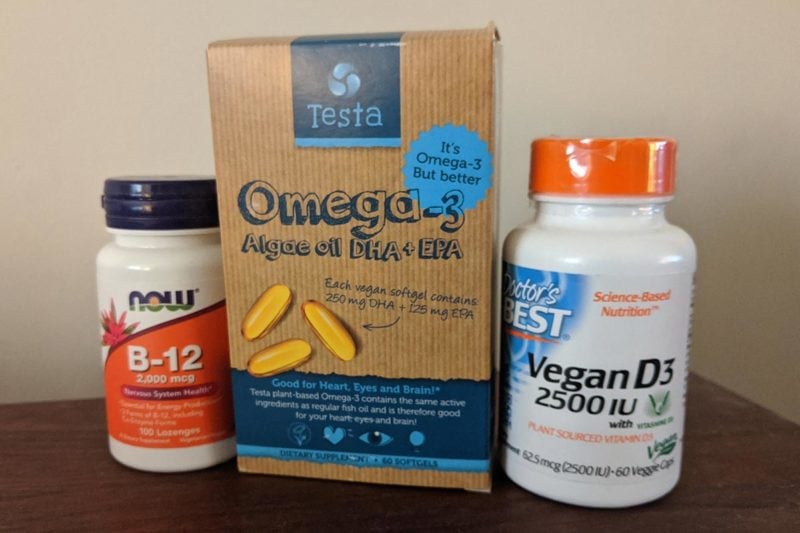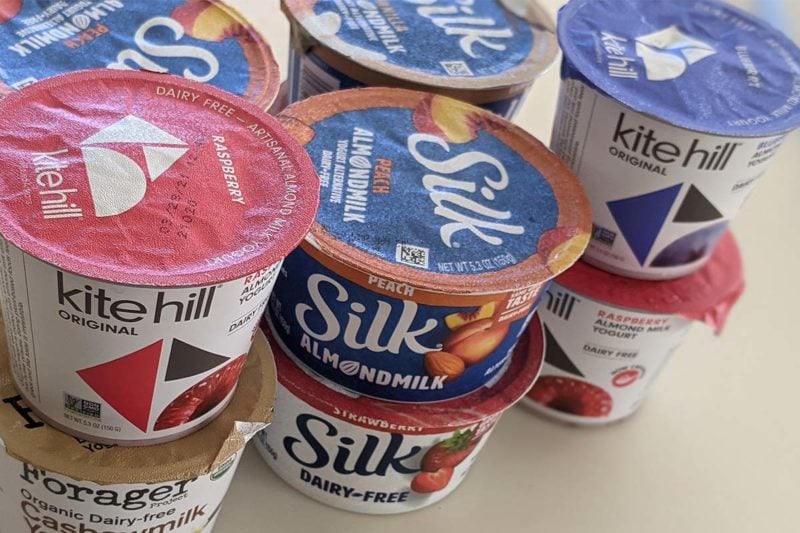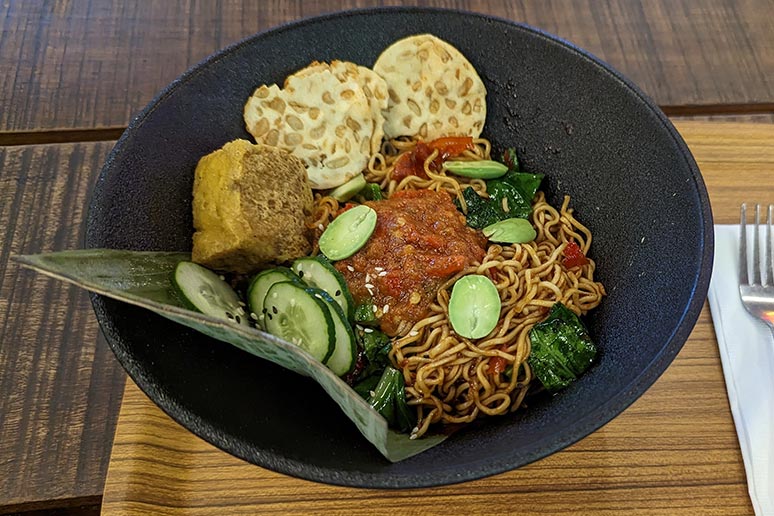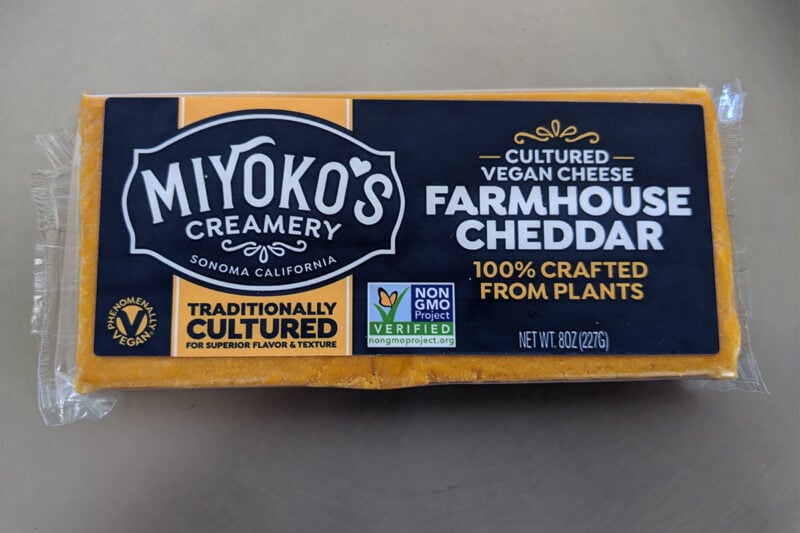One of the pesky annoyances of being vegan involves white cane sugar—a staple pantry ingredient that also shows up in the countless processed foods. This sugar is made from the sugar cane plant, which after harvesting is masticated by what is essentially a gigantic juicer. The pulp is then compressed, yielding a light brown juice which is then boiled down to a solid. Costa Ricans call these unrefined rich brown blocks of sugar tapa dulce, other Central Americans call them panela, and the Portugese call them, as well as the powdered sugar made from these blocks, rapadura.
These sugars—common throughout Central and South America—are always vegan, but what about regular white sugar?
Is Sugar Vegan?
The trouble is that 20th Century Betty Crocker sensibilities dictated that brown food is inferior, and that flour, rice, and sugar ought to be white as snow. To accommodate this thinking, sugar refineries subject unprocessed cane juice to harsh processing that strips out its nutrients and delicate flavors. One processing step is particularly objectionable to vegans—the unprocessed color and nutrients are removed from the sugar crystals by pushing them through a massive filter made from bone char (burnt-up animal bones.)
There’s no doubt that giant sugar refineries could easily switch filter components to vegan materials. But vegans and people concerned about this sort of thing haven’t yet reached the numbers required to convince the sugar companies to make the switch. While this change seems likely to happen in the foreseeable future, that’s no consolation to vegans today.
That said, it’s worth putting this admittedly annoying problem into context. While it’s true that most white cane sugar makes contact with animal bones, none of this bone char ends up in the finished product.
Much of what vegans eat comes from crops using non-vegan fertilizers like pig manure, chicken blood meal, and fish emulsion. Yet animal-based fertilizer typically gets a free pass from the Vegan Police since even they can’t reliably avoid it. By contrast, the Vegan Police tend to lose their minds over white sugar.
The Ethical Implications of Bone Char
Fortunately, however icky and objectionable animal waste products may be, it’s hard to make a reasonable case that fertilizer, to say nothing of bone char (which is repeatedly washed and re-used) contributes significantly to the meat industry’s bottom line. Use of bone char and animal-based fertilizers will automatically disappear as we edge toward a vegan world. But the reality is that making these things the focus of our present attention won’t do a think to shrink the meat industry. It’s unreasonable to assert that the use of bone char for processing white sugar has any impact on the more than 70 billion animals killed for food each year.
If sugar refined with bone char is a major gross out to you, then you must avoid cooking with white cane sugar (unless it is specifically labeled vegan), and you must also avoid processed foods that list “sugar” on the label with no additional detail.
Vegan Sugars & Other Sweeteners
Keeping white cane sugar out of your kitchen is easy since there are all sorts of great alternatives. You can even buy regular white table sugar as long as it’s labeled as vegan or as processed from sugar beets. Sugar beet juice is much easier to refine than cane juice and is not filtered through bone char.
But better still, you can avoid white sugar entirely and instead choose a product that’s less refined. Turbinado sugar is light brown because it has not had its molasses component extracted. And Sucanat (a trademarked contraction of “Sugar Cane Natural”) is even less refined, and what’s more is made from organically grown cane. It’s worth inserting at this juncture that sugar cane is typically grown on some of the nastiest pesticide-drenched monocultured fields of any food product. After harvest, the fields are set ablaze, dooming countless small animals to excruciating deaths. This farming practice attracts far less attention than the industry’s use of bone char, but provides a far stronger reason for vegans to avoid purchasing conventionally-grown cane sugar.
Since turbinado and Sucanat are both brownish and vegan you might assume that brown sugar is likewise processed without bone char. No such luck. It turns out that most brown sugar starts as regular refined white cane sugar, which is then partially caramelized, and has a little molasses added back.
Numerous other sweeteners can replace sugar for many uses. Brown rice syrup is a gentle tasting and excellent sweetener. Maple syrup imparts its delectable flavor onto everything it touches. While bottled organic agave nectar is popular and widely available, I don’t recommend the stuff since it’s loaded with fructose that will jack your blood sugar.
Since bees produce it, honey is obviously off limits for vegans. But there are vegan honey products on the market that get rave reviews.
Sweet Dreams Are Made of This
When you become vegan, there are a number of important things you’ll inevitably learn. And over time you also encounter a long list of pesky and relatively inconsequential details to keep in mind. Worrying about your sources of sugar is surely near the bottom of this list of pesky and inconsequential things, especially since you’ll find that, as you continue to clean up and improve your diet, your consumption of refined sugars rapidly and automatically diminishes.
Your body certainly has a need for sugars to be included in your diet, but as time goes by you’re likely to find an ever-increasing portion of your sugar intake is supplied by fruit—which offer fiber and plenty of nutrients absent in table sugar.
What about desserts you make at home? It’s already easy to find or make superb vegan desserts that contain high-quality and ethically-produced sugars. Buying food made with good ingredients always requires some extra vigilance. But where sweeteners are concerned, it’s easy to steer clear of conventionally-produced white or brown cane sugar. And rest assured that you’ll never sacrifice one iota of flavor.


